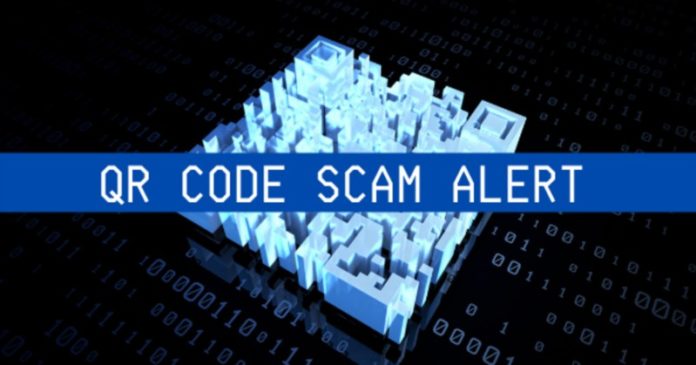via AgeWell of Middle Tennessee
Many companies are increasing their usage of QR (quick response) codes in different ways like tracking packages, viewing restaurant menus, or downloading smartphone apps. With the rising popularity, the Better Business Bureau (BBB) is seeing an escalation in QR code-related scams.
Malicious QR codes could appear to come from legitimate sources so the BBB is urging consumers to make sure they are scanning codes from a trusted and recognized source.
BBB Tips to Avoid QR Code Scams
- If someone you know sends you a QR code, confirm before scanning it. Whether you receive a text message from a friend or a message on social media from your coworker, contact that person directly before you scan the QR code to make sure they haven’t been hacked.
- Don’t open links from strangers. If you receive an unsolicited message from a stranger, don’t scan the QR code, even if they promise you exciting gifts or investment opportunities.
- Verify the source. If a QR code appears to come from a reputable source, it’s wise to double-check. If the correspondence appears to come from a government agency, call or visit their official website to confirm.
- Be wary of short links. If a URL-shortened link appears when you scan a QR code, understand that you can’t know where the code is directing you. It could be hiding a malicious URL.
- Watch out for advertising materials that have been tampered with. Some scammers attempt to mislead consumers by altering legitimate business ads by placing stickers or fraudulent QR codes. Keep an eye out for signs of tampering.
- Install a QR scanner with added security. Some antivirus companies have QR scanner apps that check the safety of a scanned link before you open it. They can identify phishing scams, forced app downloads, and other dangerous links.
Resources: www.bbb.org





















